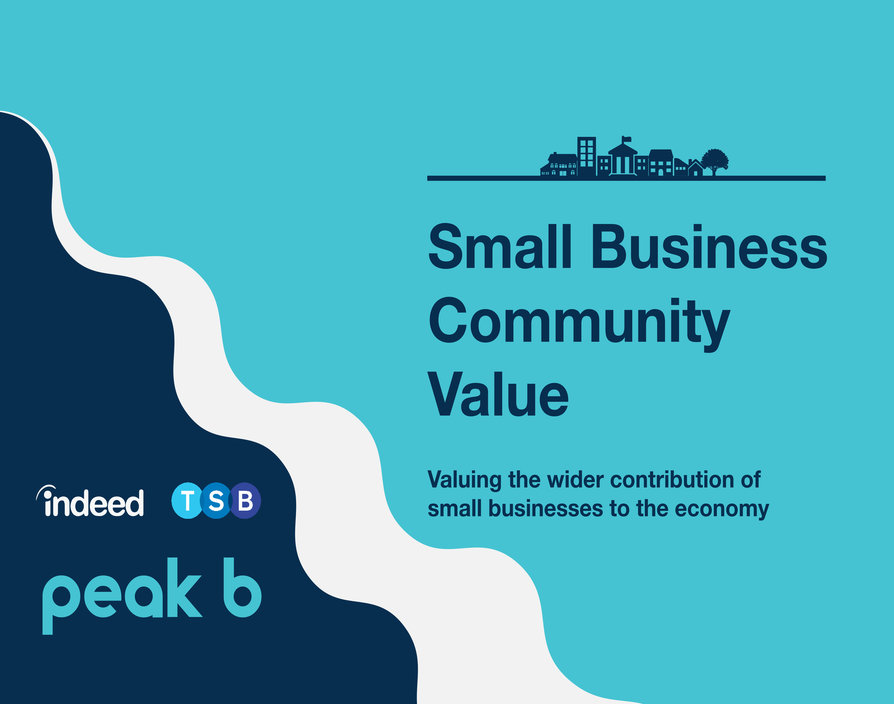If there’s one thing we can all agree on in these increasingly divisive political times, it is that Brexit has triggered considerable divisions in our communities.
Brexit – whether you are for or against it – has left an indelible mark on our discourse and continues to fill newspaper column inches. The media circus in Parliament Square makes it feel as if this is all anyone has time for in 2019.
The appetite to read and watch People’s protests and Commons quarrels has not yet been satisfied; but is it an accurate reflection of what is really going on across the country?
Whatever some might have you believe from the toxic Twitter ecosystem and certain daytime debate show panellists, we are not a country on the verge of full-blown civil war. A remain supporter may get into a war of words with their leave voting relative over Christmas dinner, but I don’t see fighting on the streets, or neighbours building their own border walls.
What I do see is business as usual. Outside the Westminster bubble, there are 5.6 million small businesses and their tens of million employees continuing to provide for their communities.
These 5.6 million businesses each represent so much more than the goods and services they offer. They represent people in every community; of all races, religions and genders, they represent all of their views and all of their needs. I’m often asked to speak for the small business sector and when I do, I feel as if I am speaking for whole communities up and down the country, not just small businesses.
We are not just a “nation of shopkeepers”, but a nation of shopkeepers, hairdressers, website developers, accountants, manufacturers, therapists, driving instructors, barristers and baristas. We are a nation of small businesses.
Brexit may have divided the country, but small businesses aren’t deterred by all that noise. In fact, respondents to last month’s peak b Small Business Community Value report referenced Brexit division as a major factor in why 93% of small businesses have either maintained or increased their support for community organisations.
Small businesses survive and thrive because of the personal connections they make, because of the loyalty they build up with their staff, customers and community partners. It is why in a world of chain coffee houses, the number of independent coffee shops on the high street is expected to see an almost 25% rise from 2012 to 2023. Customers want that personalised service, it makes them feel seen.
The report also found that the average small business offers more than one working day (10 hours) of their time per month to those same community organisations, at a value of more than £3,000 per business per year. There is a particular focus on mental health, with 40% of small businesses surveyed undertaking activities to boost mental health; from supporting single parents, to addressing loneliness in the elderly and reducing stress and wellbeing on workforces.
This is particularly stark when we consider the recent news of the first reported case of ‘Brexit-triggered psychosis’, the deterioration of a person’s mental state in response to Brexit anxiety and uncertainty. It’s reached a point where the Mental Health Foundation has a dedicated post on its site, ‘Top tips to deal with Brexit anxiety’.
Small businesses though are getting behind their communities and playing their part in addressing the disquiet. They see value not just in productivity figures and profit margins, but in acting as agents of social change and regeneration. They are the heroes we need at a time when it all too often feels like disputes and divisions reign. So, let’s take a break from the chaos and celebrate the greatest champions of and in our communities – small businesses.
Share via:









































